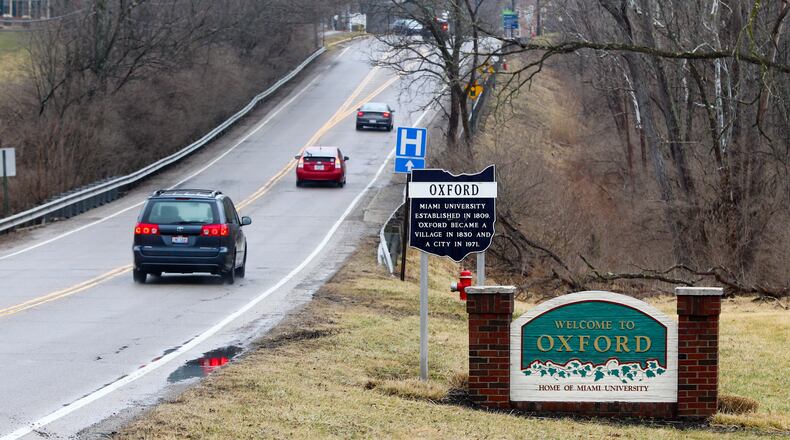The idea was raised by Council member Chantel Raghu, and a proposed ordinance was discussed Dec. 3. At the end of that discussion, Raghu requested city staff draft an ordinance.
The ordinance on the Dec. 17 agenda was written by City Manager Doug Elliott and Law Director Christopher Conard.
There was again a lengthy discussion with several council members suggesting the ordinance be referred to the Environmental Commission for recommendation. It was decided to not remand it at that point, but to leave it as a second-reading item Jan. 7. Assistant City Manger Jessica Greene said notice had been sent to local businesses that would be affected.
“A lot of regulated parties do not know about this,” council member David Prytherch said in suggesting a delay in acting on the proposal. “A month or two would get time to deliver a process.”
Vice Mayor Bill Snavely said there would be three weeks between meetings, which would give businesses and the Chamber of Commerce time to prepare comments for Jan. 7. If there are a lot of comments and issues then, the ordinance could be tabled and possibly remanded to the Environmental Commission.
Snavely said he had talked with one proprietor of a local restaurant business who said he could probably use up existing stock of foam containers within the two years provided in the ordinance, which calls for large nationwide chains to be in compliance within a year but gives local businesses two years.
A sticking point for passing the proposal, however, is a bill in the state legislature that has passed the House and is now in the Senate. Among other things, the bill would prohibit local municipalities from passing laws which would ban such things as polystyrene foam products, among others, in what several described as an affront to home rule.
Raghu said the ordinance should be passed in case HB242 becomes law because if the local law is passed before that state law, it would be grandfathered in.
“House Bill 242 can preempt this, but if it is already passed, it is a nod to home rule,” she said.
Ultimately, Council members decided to leave the ordinance on the agenda for Jan. 7 to allow for comment and they can decide then whether to vote on it, table it or remand it.
Elliott said research showed there are 122 food establishments in Oxford and Miami University has 27 licenses. He said there are 61 bars, restaurants and pizza parlors in town.
About the Author
